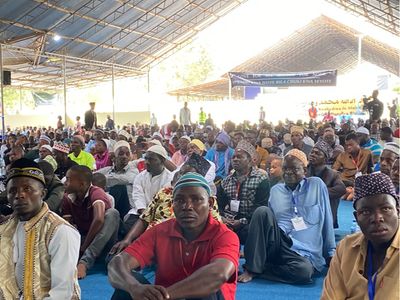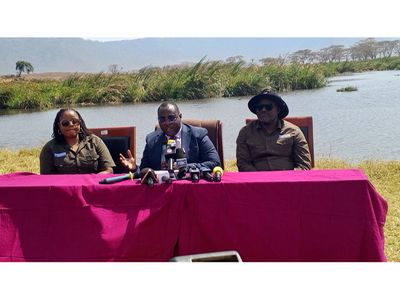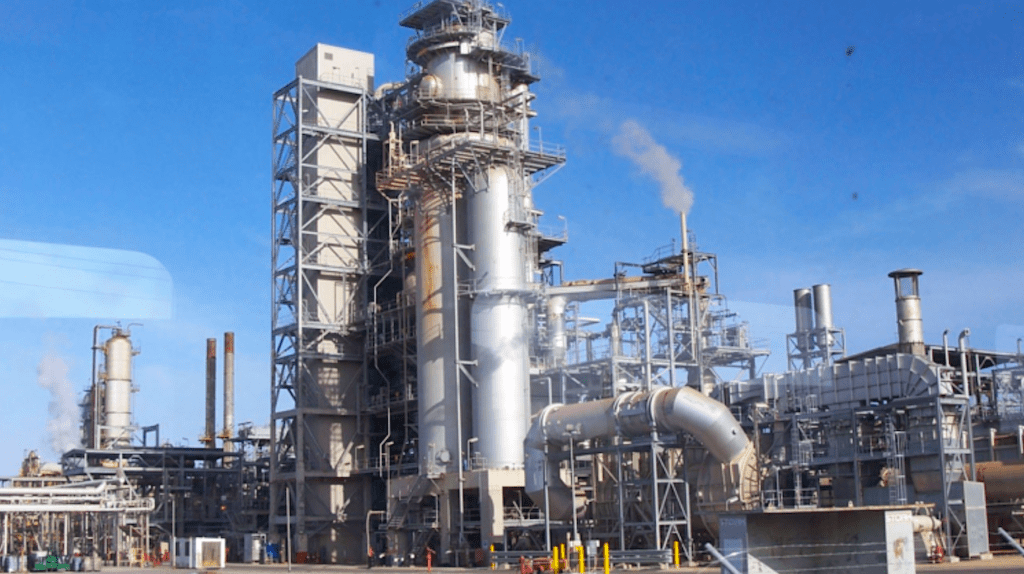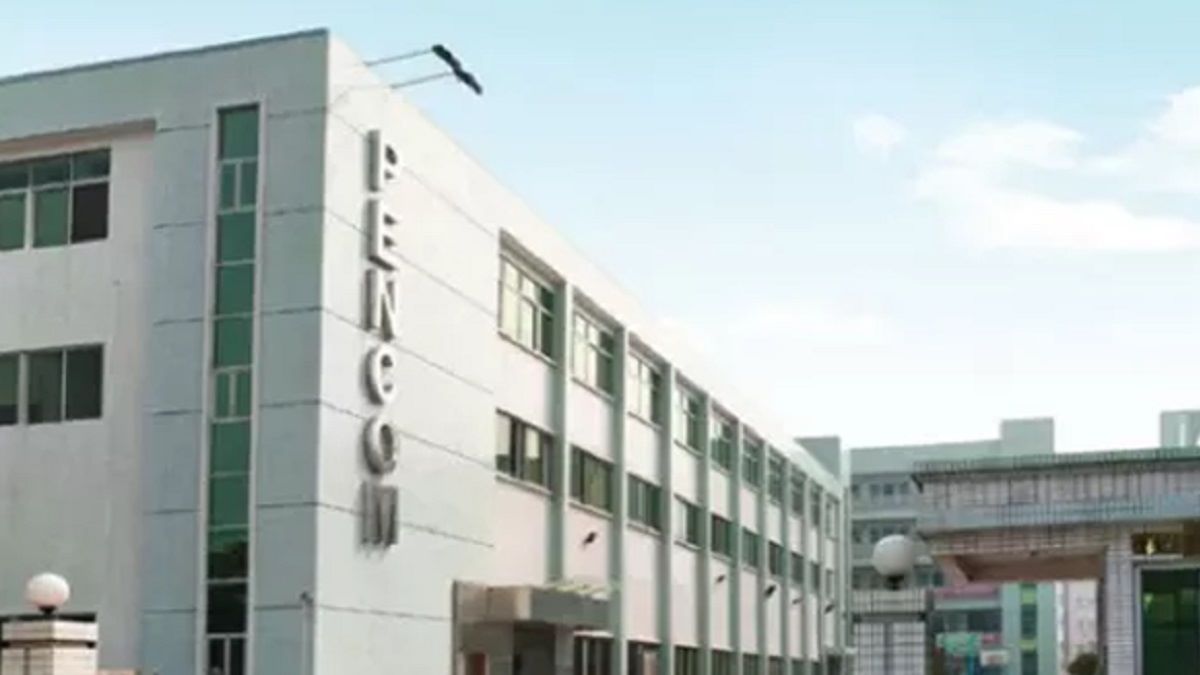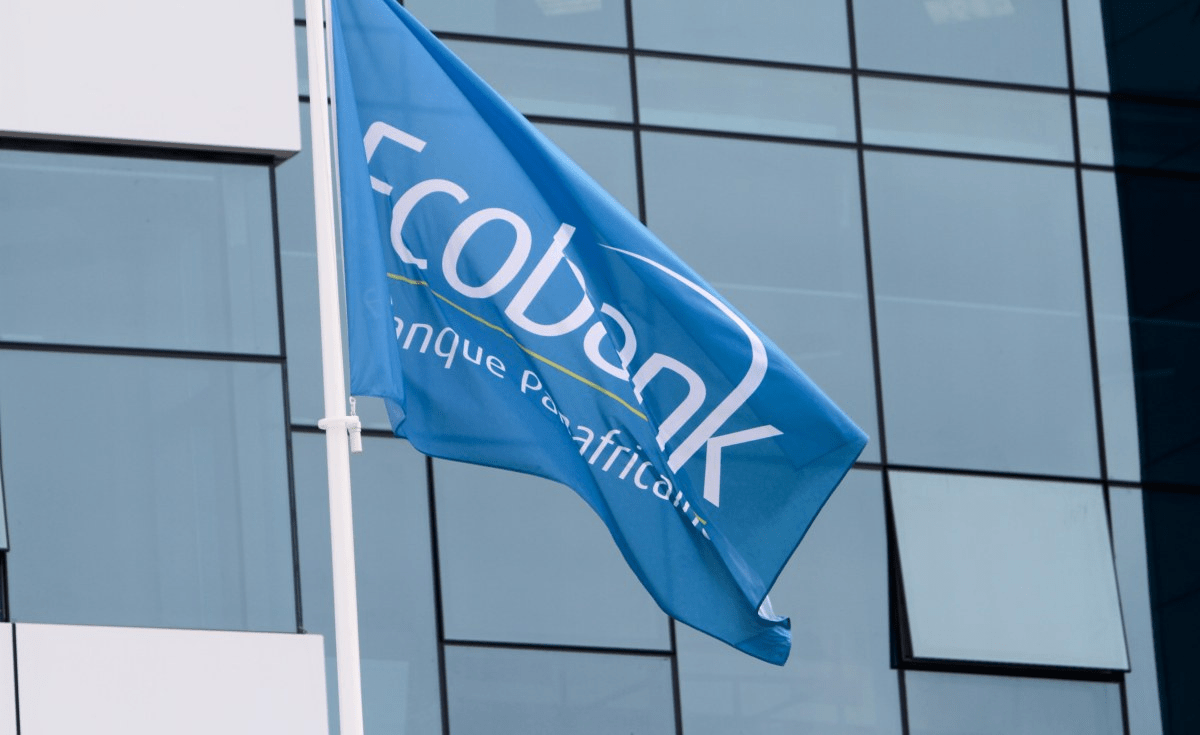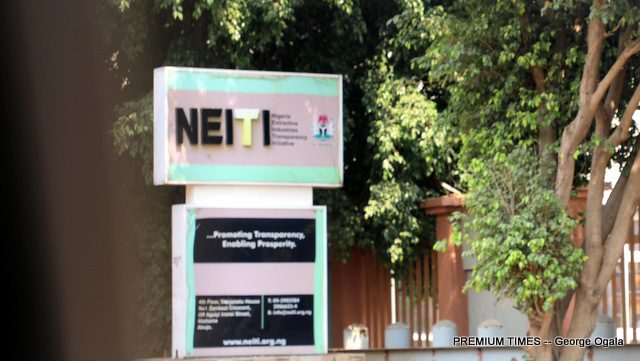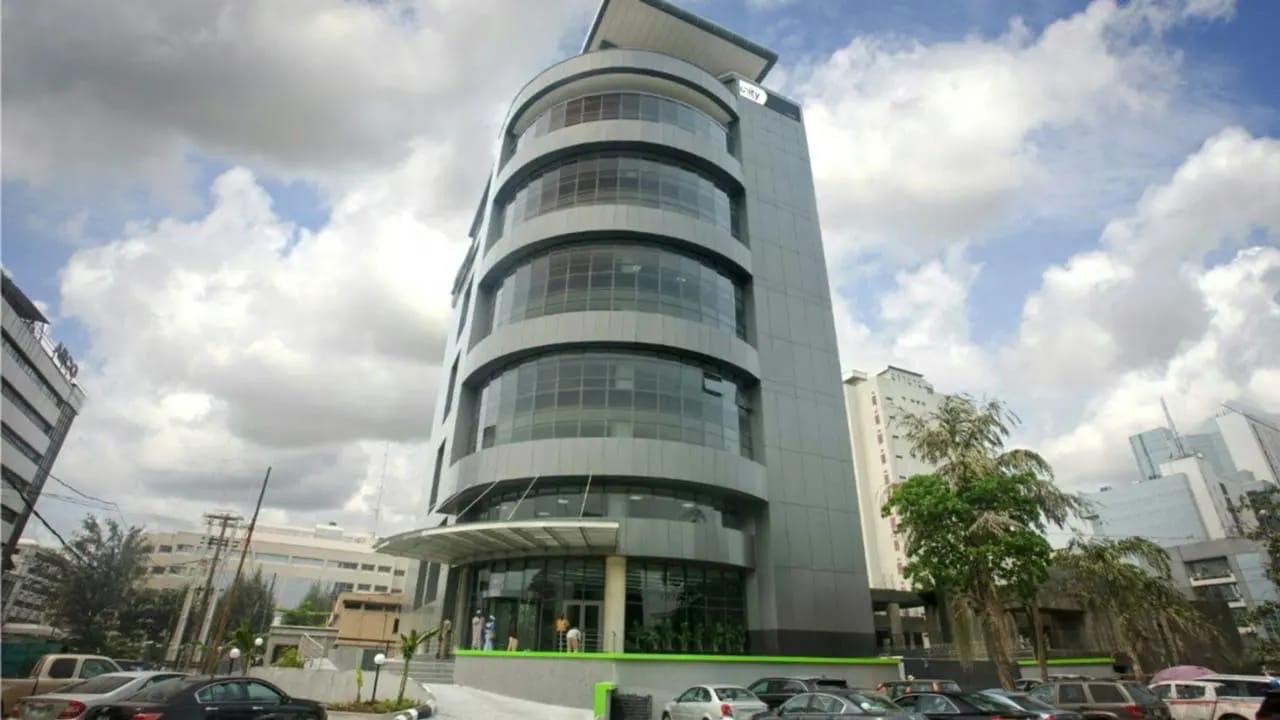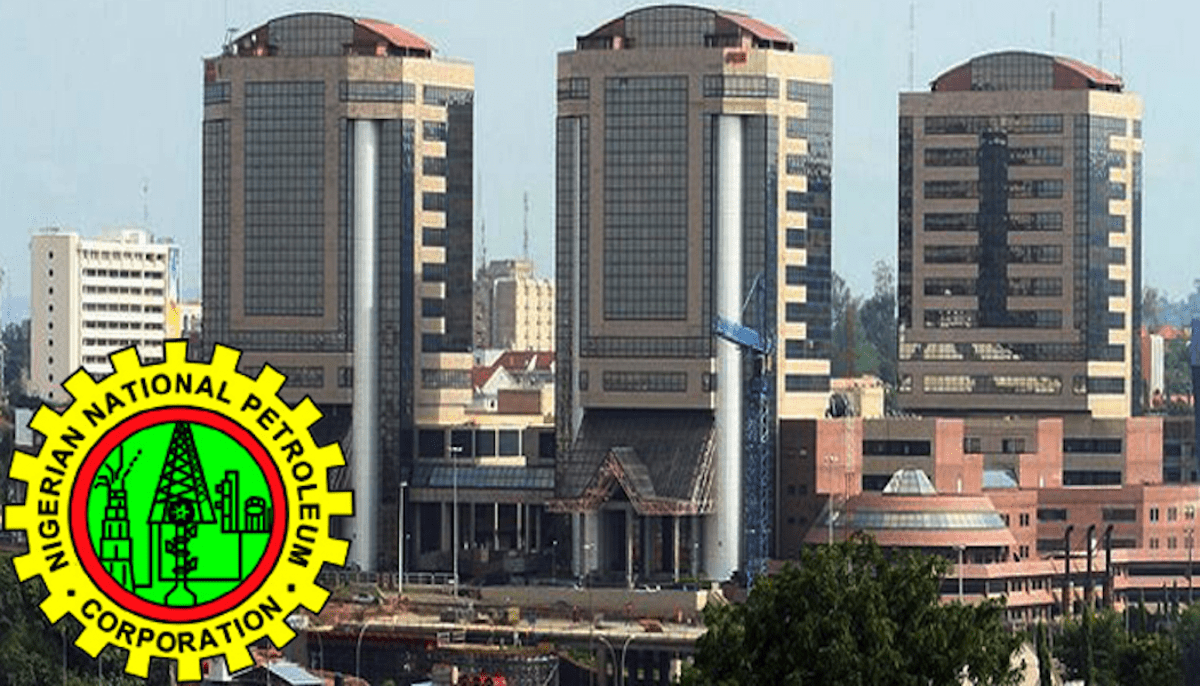…Caught two-tongued in Torkornoo’s impeachment
Former Chief Justice, Sophia Akuffo, has criticised the process that led to the removal of Chief Justice Gertrude Araba Esaaba Sackey Torkornoo, stating that her successor was not given a fair hearing and insisting that the allegations that led to the removal, were not strong enough to justify her dismissal by President John Dramani Mahama.
Notably, Justice Akuffo, the second woman to hold the position of Chief Justice after Justice Theodora Woode, was among Justice Torkornoo’s 12 witnesses who appeared before the five-member Article 146 Committee of Inquiry, chaired by Justice Gabriel Scott Pwamang.
Interestingly, Justice Akuffo’s ruling in the landmark case of Agyei Twum v Attorney General & Akwetey, was cited in the petition of Daniel Ofori, owner of White Chapel Ghana Limited and one of the largest shareholders in Ecobank Ghana Limited.
She was quoted alongside Dr Samuel Date-Bah, JSC, and the late Prof. Justice Tawuah Modibo Ocran, JSC, making it clear in the Agyei Twum case that the Chief Justice’s administrative acts, are not immune from the impeachment process.
Sophia Akuffo, who is currently serving on the Council of State, is singing from a different hymn book, following the removal of Chief Justice Torkornoo, including Justice Akuffo, describing the impeachment as troubling for the independence of the judiciary.
But The Herald’s findings, saw Justice Akuffo eating back her words, while commenting on the dismissal. The ex-Chief Justice even strangely ignored the payments made to Mr. Francis Kofi Torkornoo, husband of the dismissed Chief Justice, and Ms. Torkornoo, their daughter, Edem S Torkornoo, who is also recorded to have been awarded a procurement contract by the Judicial Service chaired by her mother.
Justice Torkornoo, had faced the Committee on an arbitrary decision, flagrant disregard for court orders, and abuse of office, including summoning court officials into her office and directing them on what to do with respect to people’s cases.
Justice Torkornoo, as Chief Justice is was accused misappropriated the sum of GHS 261, 890.00 of public funds in 2023, for the benefit of her private foreign travel with her husband, Mr. Torkornoo, and her daughter Miss Edem SA Torkonoo and US$30,000 in per diem allowance when, to her knowledge, neither the husband of the Chief Justice nor the Chief Justice’s daughter were entitled to have their travel or any travel allowances paid for out of the funds of the Judicial Service.
In 2023, the dismissed Chief Justice also misappropriated the sum of GHS75,580.00 out of public funds for Ethiopian Airlines tickets for herself and her husband during their vacation to Arusha, Tanzania.
In 2023, the Chief Justice obtained an accountable imprest from the Judicial Service in the sum of $ 14,000.00 to travel with her husband to Arusha, Tanzania, which she failed to retire.
Interestingly, Justice Akuffo, the only member of the Council of State who dissented at the Council of State meeting to decide on a prima facie, has ignored the allegation against her successor.
She had appeared before the committee with Ex-Chief Justice Kwasi Ani-Yeboah, Justice Jones Dotse, Nana Dr. SKB Asante, Lawyer Samuel Okudzeto, and others to testify in Justice Torkornoo’s favour.
They were said to have spoken about Justice Gertrude Torkornoo’s character and not the issues against her, including abuse of office and misappropriation of funds, among others.
Interestingly, Lawyer Okudzeto, in particular, The Herald, learnt was allowed to talk and talk, and was left surprised when the lawyers of Petitions decided not to cross-examine him.
Justice Torkornoo’s 11 other witnesses were cross-examined, while Justice Torkornoo gave evidence on her own behalf.
But, retired Chief Justice and Council of State member has since condemned the dismissal, describing the proceedings as a “rigmarole” that set a dangerous precedent for Ghana’s judiciary.
Justice Akuffo’s comments follow President John Dramani Mahama’s decision on September 1 to dismiss Chief Justice Torkonoo based on the recommendation of an Article 146 Committee.
The committee was established to investigate a petition for her removal on grounds of “stated misbehaviour”.
While the government maintained it was constitutionally mandated to act on the committee’s findings, the process has drawn widespread condemnation from legal and political figures.
In her critique, the former Chief Justice, who is also a Member of the Council of State, expressed her dismay at how the matter was handled.
“She did not get a fair trial,” Akuffo told TV3 in an interview yesterday, September 2. “Even though it is not a trial strictly speaking, it was handled as though it were a treason trial.”
She asserted that the allegations lacked the necessary seriousness to justify such a severe outcome.
“They lack the gravity that will lead to a grave outcome, such as the removal of the head of an institution of justice.”
She described the procedure as a “rigmarole,” arguing that it was undeserving of any judge, let alone a Chief Justice.
In a yet-to-be-aired exclusive interview with TV3 on Tuesday, September 2, 2025, Madam Sophia Akuffo stated: “The [allegations] lack the gravity that will lead to a grave outcome such as the removal of the head of an institution of justice.”
President Mahama, on Monday, September 1, 2025, removed Justice Torkornoo in accordance with Article 146(9) of the 1992 Constitution.
A statement from the Presidency said the decision followed a recommendation by a committee set up under Article 146(6) to investigate a petition filed by a citizen, Mr. Daniel Ofori. The removal took immediate effect.
The statement, signed by the Spokesperson to the President and Minister for Government Communications, Felix Kwakye Ofosu, noted that the President was constitutionally bound to act in line with the committee’s recommendation.
“She did not get a fair trial. Even though it is not a trial strictly speaking, it was handled as though it were a treason trial,” she stated.
On April 22, 2025, President John Dramani Mahama suspended Chief Justice Gertrude Torkornoo from office following the establishment of a prima facie case based on three undisclosed petitions alleging misconduct and incompetence.
Under Article 146(6) of Ghana’s 1992 Constitution, the president, after consulting the Council of State, may suspend a Supreme Court justice if a prima facie case is established and appoint a committee to investigate.
President Mahama did precisely that, forming a five-member inquiry panel chaired by Justice Gabriel Scott Pwamang, with other members including Justice Samuel Adibu-Asiedu, former Auditor-General Daniel Yaw Domelevo, Major Flora Bazaanura Dalugo, and Professor James Sefah-Dzisah.
Justice Paul Baffoe-Bonnie, the most senior Supreme Court judge, was appointed acting Chief Justice during the investigation process.
In a statement made during an interview with TV3, Justice Akuffo urged the ousted Chief Justice to remain strong and trust in God during what she described as a difficult and unfair ordeal.
“She should take heart. That God sees, and sometimes when you go through certain things which you think have brought you to the end or to your knees or something like that, that could be far from the truth,” Justice Akuffo said.
Encouraging her colleague to stay hopeful, she suggested that the painful moment could be part of a greater divine plan.
“There could be bigger, better and greater needs that the Lord has in store. That is what I will tell her, and that is what I will send to her as a text message.”
Justice Akuffo reminded Torkornoo and the public that setbacks can often be redirections to a greater purpose.
“When you are a believer, things happen today, yes, they have happened, so look to God and move on, and you will allow God to manage the rest.”
Akuffo’s strong words echo the sentiments of Chief Justice Torkonoo herself, who had earlier described the process as “cruel” and unconstitutional.
Other prominent legal voices, including former Deputy Attorney General Alfred Tuah-Yeboah, have also weighed in, calling the removal an “unholy assault on the independence of the judiciary” and a fulfilment of a campaign promise by the current administration.
The dismissal of the Chief Justice marks a historic and controversial moment in Ghana’s legal history. It has reignited a national debate about the integrity of constitutional institutions and the delicate balance of power between the executive and the judiciary.
In Agyei Twum v Attorney General & Akwetey, the Supreme Court panel, which was presided over by Justice Akuffo, made it clear that the Chief Justice’s administrative acts are not immune from the impeachment process.
Justice George Kingsley Acquah, as Chief Justice, whose conduct came under scrutiny, Prof. Ocran expressed that “A claim of constitutionally protected absolute administrative autonomy for the Chief Justice must fail while Dr Date-Bah had also stated at page 751 that the Chief Justice’s acts must comply with the provisions of Article 296 of the Constitution.
Dr Date-Bah indicated thus: “Rather, what is relevant is the Chief Justice’s implied duty to be fair and candid in the exercise of his discretionary power, as laid down in Article 296 of the Constitution.”
The responsibilities of the Chief Justice under Article 125(4) of the Constitution are expressed as “subject to the Constitution”.
Arguments were also in another case that the Chief Justice is subject to the critical requirement in Article 23 of the Constitution, whose significance has been the subject of authoritative and judicial pronouncements, such as in the case of Awuni v West African Examination Council, where Sophia Akuffo JSC (as she then was) stated:
“… In my view, the scope of article 23 is such that, there is not distinction made between acts done in exercise of ordinary administrative functions and quasi-judicial administrative function.. Where a body or officer has an administrative function to perform, the activity must be conducted with and reflect the qualities of fairness, reasonableness and legal compliance.
I will not venture to give a comprehensive definition of what is fair and reasonable , since these qualities are dictated by the circumstances in which the administrative function is performed. At the very least, however, it includes probity, transparency, objectivity opportunity to be heard, legal competence and absence of bias, caprice or ill-will.
In particular, whereas in this case, the likely outcome of an administrative activity is of Penal nature, no matter how strong the suspicion of the commission of the offence, it is imperative that all affected persons be given reasonable notice of the allegations against them and reasonable opportunity to be heard, if the objective of Article 23 is to be achieved”.
The post Ex-CJ Sophia Akuffo stripped by her two landmark rulings appeared first on The Herald ghana.

